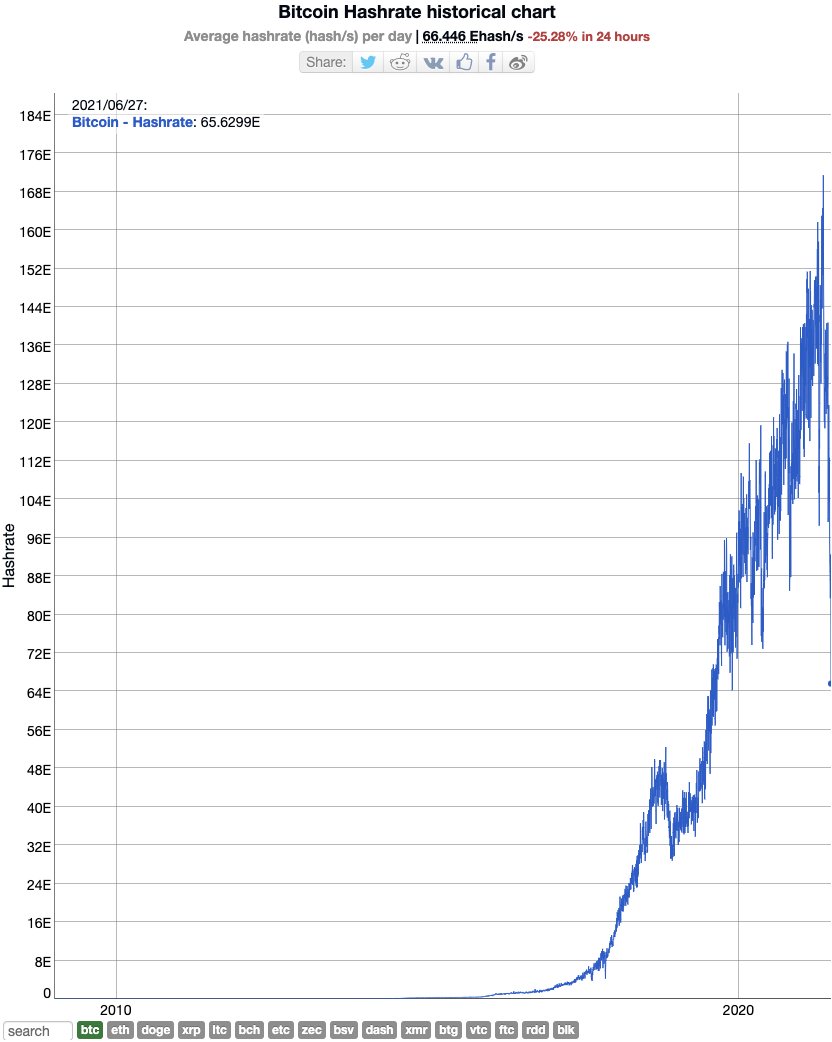
From seeing like a state to learning like a machine.
A state can only make rectilinear decisions based on paper forms. Scalable but binary.
A machine can make curvilinear decisions based on digital data. Scalable and statistical.



A machine can make curvilinear decisions based on digital data. Scalable and statistical.




Of course, some states have partially adapted & have some of their data online (albeit in often insecure databases).
But it’s just a retrofit. It’s not like the leaders are looking at metrics on the health and wealth of their constituents. Nor are they making decisions via code.
But it’s just a retrofit. It’s not like the leaders are looking at metrics on the health and wealth of their constituents. Nor are they making decisions via code.
As software continues to eat the world, ultimately legislators themselves become engineers: the core developers of the digital platform that citizens run their lives on.
Changing a policy is then literally merging code. The gap between written law and citizen experience narrows.
Changing a policy is then literally merging code. The gap between written law and citizen experience narrows.
Many legislative changes by legacy states have unintended consequences because courts disagree on original intent, citizens react in surprisimg ways, special interests game the system, etc.
But what if we took software seriously? Replaced the words of the legal code with code?
But what if we took software seriously? Replaced the words of the legal code with code?
Precedents for this include the engineers updating the codebases behind massive global two-sided marketplaces like Uber and Airbnb, and blockchains like Bitcoin and Ethereum.
These economies are bigger than those of small nation states. And they are managed at root by code.
These economies are bigger than those of small nation states. And they are managed at root by code.
Pushing out an overnight change to 100% of citizens via federal law is like pushing untested code to 100% of users in production.
Many software methodologies can instead be adopted, such as testing new code/laws on opt-in cohorts and special innovation zones before scaling up.
Many software methodologies can instead be adopted, such as testing new code/laws on opt-in cohorts and special innovation zones before scaling up.
In this model, the “president” is the founder of the blockchain-based digital platform you have opted into.
The “legislators” are the core developers who write the code.
And the “courts” are the nodes and miners that interpret the code.
Executive, legislative, judiciary.
The “legislators” are the core developers who write the code.
And the “courts” are the nodes and miners that interpret the code.
Executive, legislative, judiciary.
It’ll be hard to retrofit these concepts onto all but the smallest states given the philosophical gap.
Easier to do it from scratch, in a parallel opt-in system, that proves itself online by attracting digital citizens till its internal economy is comparable to a legacy state.
Easier to do it from scratch, in a parallel opt-in system, that proves itself online by attracting digital citizens till its internal economy is comparable to a legacy state.
• • •
Missing some Tweet in this thread? You can try to
force a refresh








